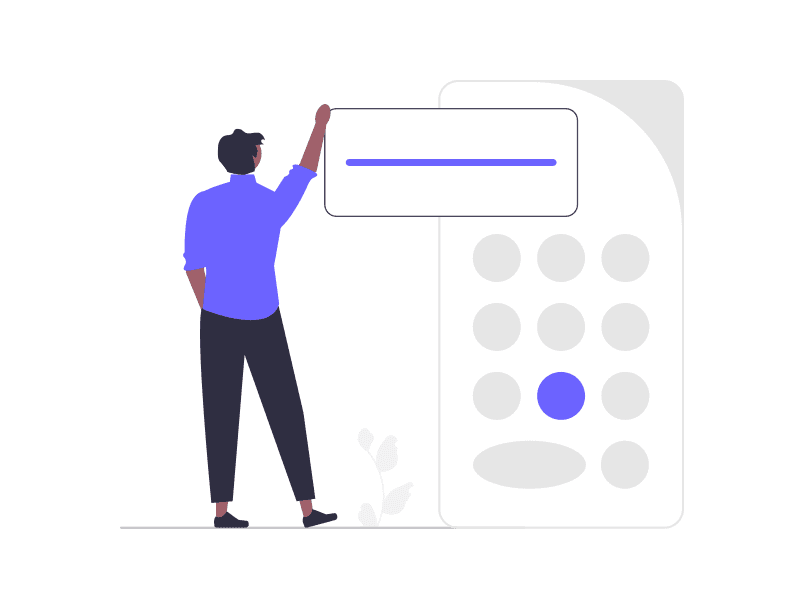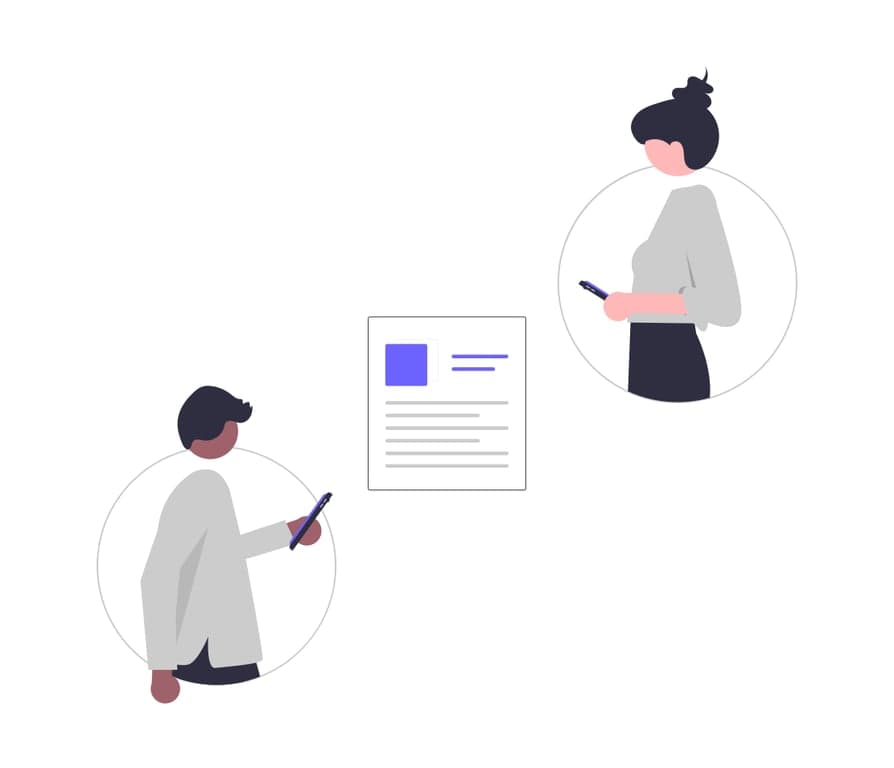
As an international student renting off-campus housing in the United States, understanding your utility bills and expenses is crucial for effective budgeting. Here are five key ways to navigate this aspect of your living costs:
1. Know What's Included in Your Rent
Before signing a lease, it's essential to clarify which utilities, if any, are included in your rent. Some landlords may include certain utilities in the monthly rent, while others expect tenants to pay for all utilities separately.
- Common inclusions: Water, trash collection, and sometimes internet service
- Usually separate: Electricity, gas, and cable TV
For example, a study by Apartment List found that only about 9% of rentals include electricity in the rent, while 17% include gas. Always ask for a detailed breakdown of what's covered in your lease agreement.
2. Understand the Types of Utilities and Their Costs
Familiarize yourself with the different types of utilities you may be responsible for and their average costs:
- Electricity: The average monthly electricity bill in the US is $150.93
- Gas: On average, gas bills cost $51.12 per month
- Water: Expect to pay around $45.52 monthly for water
- Internet: Wi-Fi costs typically range from $40 to $75 per month
- Trash and recycling: Budget $10-$40 per month for these services
Remember that these are national averages, and actual costs can vary significantly based on your location, usage, and the size of your living space.
3. Learn How to Read Your Utility Bills
Understanding how to read your utility bills is crucial for managing your expenses. Most utility bills include:
- Account information: Your account number and service address
- Billing period: The dates covered by the bill
- Usage details: How much of the utility you've consumed
- Charges: A breakdown of the costs, including any fees or taxes
- Due date: When the payment is required
Pay attention to your usage patterns and how they correlate with the charges. This can help you identify areas where you might be able to reduce consumption and save money.
4. Be Aware of Seasonal Variations
Utility costs can fluctuate significantly with the seasons, especially in areas with extreme weather conditions. For example:
- Summer: Higher electricity bills due to air conditioning use
- Winter: Increased gas or electricity costs for heating
According to the U.S. Department of Energy, heating and cooling account for about 48% of the energy use in a typical U.S. home. Be prepared for these seasonal changes by budgeting accordingly and considering energy-saving measures during peak usage periods.
5. Explore Ways to Reduce Utility Costs
There are several strategies you can employ to keep your utility expenses in check:
- Use energy-efficient appliances: Look for ENERGY STAR certified products
- Adjust your thermostat: Even small changes can lead to significant savings
- Use natural light and LED bulbs: This can reduce your electricity consumption
- Take shorter showers: This helps conserve water and reduce water heating costs
- Unplug devices when not in use: Many electronics draw power even when turned off
For instance, washing clothes in cold water and air-drying them can save up to $63 annually on your utility bills.
Understanding and managing your utility bills is an essential skill for off-campus living in the US. By being aware of what you're paying for, how to read your bills, and how to reduce your consumption, you can better control your expenses and avoid unexpected costs. Remember to factor these utility expenses into your overall budget when choosing off-campus housing to ensure you can comfortably afford your living situation throughout your academic year.


